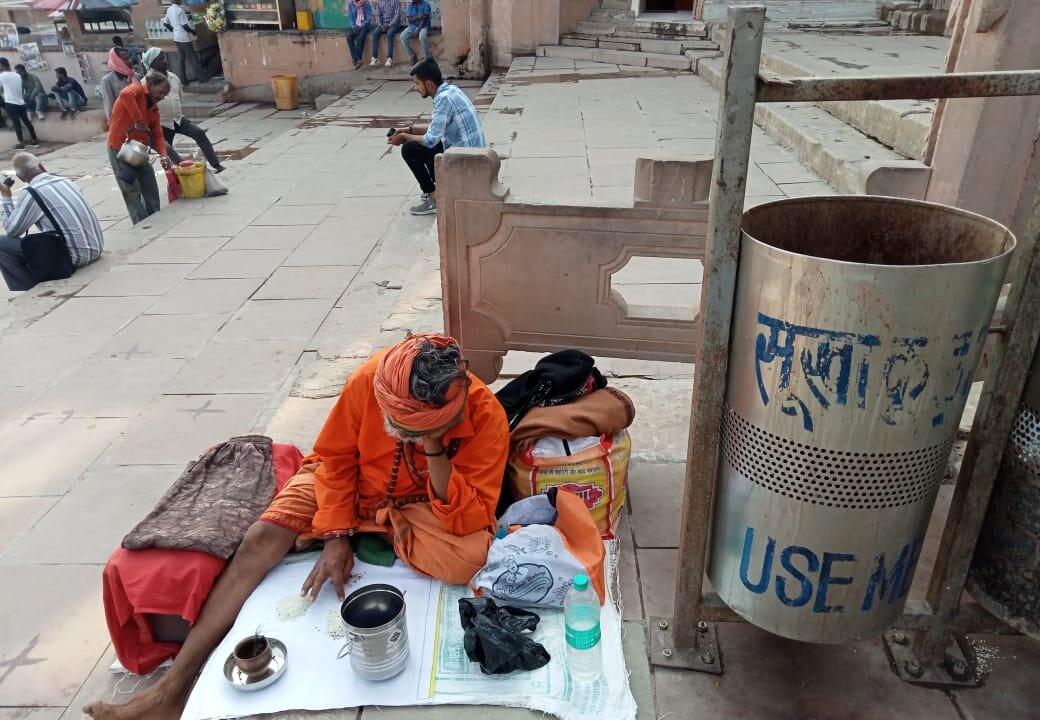VARANASI, India—Every day, scores of beggars line the banks of the river Ganges in the city of Varanasi, where pilgrims pour in from across India to cremate their loved ones, perform the rituals of life and death, or visit the ancient temples in the world’s longest continuously inhabited city.
The city, which is part of the parliamentary constituency of Indian Prime Minister Narendra Modi, has been facing threats from militants. In 2018, the banned organization Lashkar-e-Taiba sent a letter threatening to blow up well-known religious sites in the city. A year before that, the city received similar threatening letters from the ISIS terrorist group.





